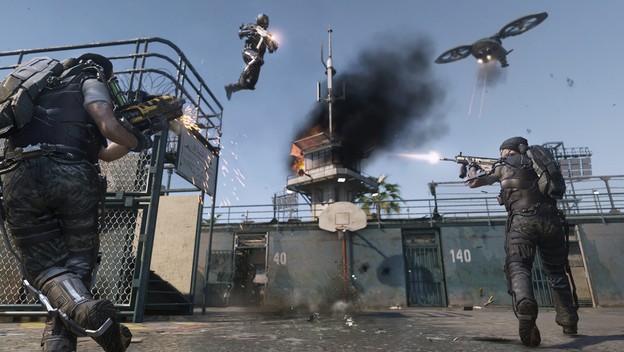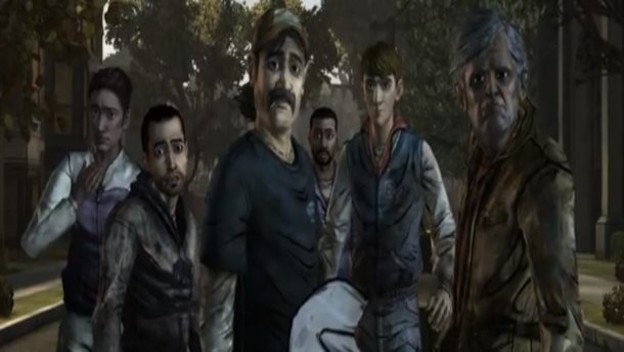“It’s the greatest game ever!” “Its graphics are masterful!” “Its gameplay is phenomenal!” How many times have you heard people describe games in this way? Developers, publishers, journalists, and fans alike all use hyperbole to describe games.
I started thinking about this after I saw the latest episode of PBS Idea Channel which talked about how hyperbole shapes our discussion on the internet. For example, we have gotten so used to calling things “the best” we have started calling them “the best thing ever” and then we became so desensitized to that that we started using the phrase “literally” as in “literally the best thing ever” as a way to emphasize how strongly we feel about how good that particular thing is… even though that’s not what literally means. We say this over and over again even though it’s a logical fallacy. Only one thing can ever be the “best thing ever.” That’s what best means.
We aren’t strangers to hyperbole in the gaming world either. You’d expect advertisements to make gratuitous use of hyperbole, but we, as fans, do the same. We describe our favorite games as “the best” all the time. We do it so much that games being “the best” or “awesome” or “amazing” or “fantastic” simply don’t mean much anymore. They mean that the game is, for all intents and purposes, good.
So how do we describe games that actually are far and above the rest?
I have described The Walking Dead by Telltale Games as “literally the best piece of zombie media I have ever experienced” and I mean that in its literal sense. I have seen no other zombie story that surpasses that game.
But saying that phrase seems to mean very little, so I have looked to other ways to describe how “good” the game is, and I do that by describing the game itself. “The game made me cry at the end made me fearful about becoming a bad person.” “The game put me in hard moral choices that made me doubt my own personal values.” “The game made me feel attached to a character as if I were standing in their place, feeling as if my loved ones were dying and there was nothing I could do about it.”
These statements are less hyperbolic than most “best game EVER!!!” statements, yet somehow they carry more weight to them. By not being hyperbolic, rather, by being realistic and descriptive, the reality of the game, and its inferred quality, are translated more effectively. So I find that we describe games as “better” by not describing their quality at all, but rather describing the experiences we have with them.
Look at it this way. If someone came up to you and said, “ Call of Duty: Advanced Warfare is the best Call of Duty ever! It’s literally the most fun I’ve had in shooters for ages!” Then someone else said, “ Call of Duty: Advanced Warfare is very interesting. The ability to double jump and air dash really change the way confrontations are handled and how you traverse maps and I felt like I had more freedom to play the game the way I wanted.” Which one of those is more likely to get you to try the game?

For a long time, game reviews have been victim to score creep. While a 5 out of 10 used to mean “average” now an 8 out of 10 seems to mean “bad.” But perhaps we are also finding ourselves victim to “language creep.” We are running out of ways to say “this best game is better than this best game which was better than the last best game.” And so we are seeking new ways to describe things as “better than good” with each discussion we have.
And there may be no solution to this conundrum. Now that “literally” and “epic” have become the superlatives of our generation, maybe we will find some other adjectives to take their place.
Maybe eventually we will become desensitized to describing our experiences with the game as well. Maybe that’s why so many fans look at reviews as lacking credibility. They have been hearing reviewers describe games as great since the days of Nintendo Power and these days, that same language just doesn’t mean as much.
What do you think? Do you think hyperbole has shaped how we talk about games? Do you find yourself frequently describing games as “literally the best thing ever?” Let us know in the comments!
